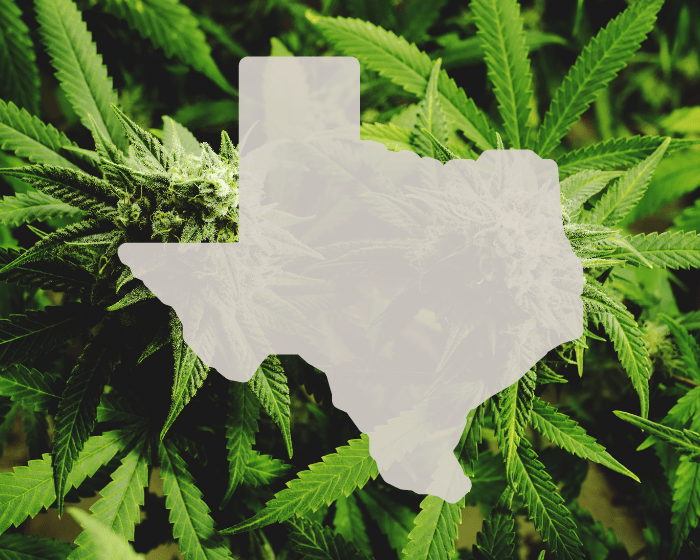
Hemp needs a good year. Farmers and retailers have shown that they can come through, and hemp has proven popular in the marketplace. Still, key obstacles have prevented the industry from reaching its full potential.
Now it appears that many of those obstacles have been identified and, even better, solutions proposed. In 2022, leaders in the legislature and industry could bring hemp to the next level.
Increased Processing Could Expand Hemp’s Use in Food and Fiber
As a fiber, hemp can be used by industries from construction to cars, clothing to packaging. It’s an earth-friendly alternative to existing options in each of these categories, thanks to high carbon capture during growth and its eventual biodegradability.
The interest is there, but there’s been a hold up when it comes to processing the plant into fiber. Because the fibers are strong, removing them requires heavy machinery that has kept the use of hemp fiber small in scale.
That could be changing, reports Tiffany Kary for Bloomberg. A team of investors, rePlant Hemp Advisors, has created a $500 million impact fund to spur development of hemp-processing infrastructure in the U.S. Its focus is hemp for food and fiber.
“I probably have a dozen companies call me a week” about using hemp in their products, rePlant co-founder Geoff Whaling told Kary, reportedly citing brands like Chobani, Wrangler jeans and Tesla.
“They all want to know where they can get 100 tons of fiber a year, and the answer, at this point, is nowhere.”
— Geoff Whaling, co-founder of rePlant Hemp Advisors
“They all want to know where they can get 100 tons of fiber a year, and the answer, at this point, is nowhere,” he said. “No major manufacturer will sign unless there's a two-year supply in a warehouse.”
Sounds like that will soon be changing.
Legislative Changes For Hemp Extracts Aim to Steady Marketplace
Legislative action at the federal level could also help the industry move forward. Hemp Industry Daily highlighted several bills to watch in the coming months. Here’s what they'd do:
1. Spur the FDA to regulate food and dietary supplements that contain CBD
- The CBD Product Safety and Standardization Act of 2021 would require the FDA to regulate CBD as a food additive.
This may sound like a small detail, but the FDA’s hesitance to regulate cannabinoids as dietary supplements has allowed unsafe products to hit store shelves, and created confusion about what’s legal that is beginning to hurt credible hemp businesses.
2. Make an exception for cannabinoids to be regulated as dietary supplements
One reason the FDA isn’t regulating CBD as a dietary supplement is the Drug Preclusion Rule, which states that a material already approved as a pharmaceutical drug can’t be approved as a dietary ingredient. CBD has been approved as an anti-seizure medication.
Three bills attempt to address this problem:
- The Hemp Access and Consumer Safety Act would exempt hemp and cannabinoids, including CBD, from the rule.
- The Hemp and Hemp-Derived CBD Consumer Protection and Market Stabilization Act of 2021 would also create an exemption for hemp and cannabinoids including CBD.
- The Cannabis Administration and Opportunity Act — a bill that would shift regulatory authority for all cannabis to the state level — would allow regulation of CBD as a food and dietary supplement. Critics pointed out that the language does not include other non-intoxicating cannabinoids.
- The States Reform Act, another bill that seeks an overhaul for all cannabis, includes language that would allow regulation of cannabis-infused foods, drugs and dietary supplements.
3. Raise the amount of THC allowed in hemp — slightly
- The Hemp Economic Mobilization Plan (HEMP) Act of 2021 would increase the threshold of THC in hemp from 0.3% to 1% THC. It would also change the emphasis of testing to after processing, as THC levels can change between field testing and processing.
Hemp Needs A Good Year
Hemp needs a good year and 2022 could very well be one, with promising changes on the processing side that would expand access to hemp fiber while changes to federal laws seek to create a steadier market for hemp extracts.







































